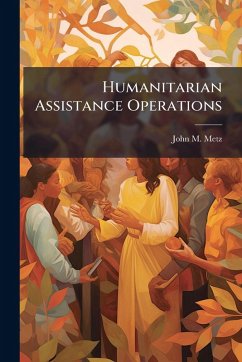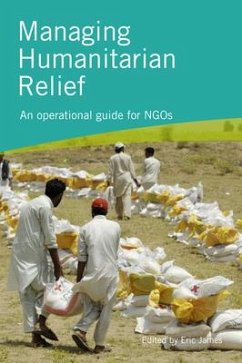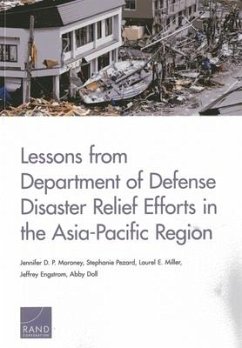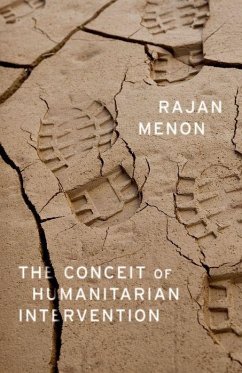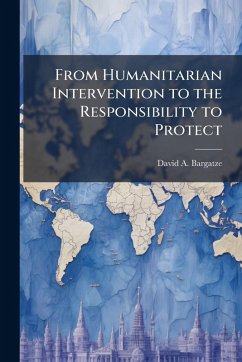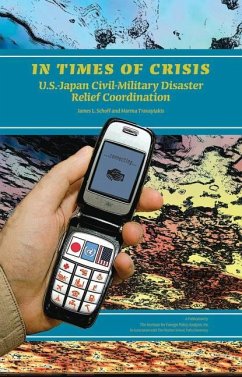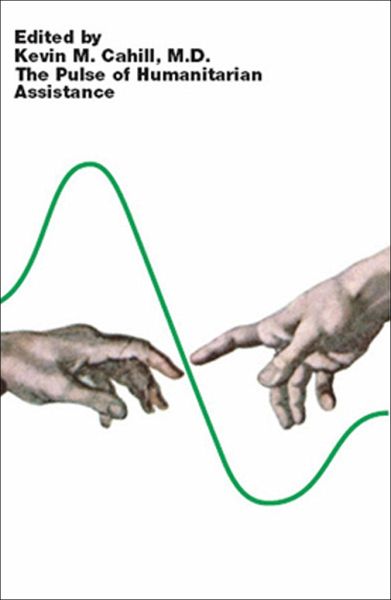
The Pulse of Humanitarian Assistance
Judge, New York State Court of Appeals
Herausgeber: Cahill, Kevin M
Versandkostenfrei!
Versandfertig in über 4 Wochen
44,99 €
inkl. MwSt.
Weitere Ausgaben:

PAYBACK Punkte
22 °P sammeln!
Understanding the complex nature of international humanitarian action¿particularly following natural disasters or armed conflicts¿has been the mission of this unique series. This book explores the cutting-edge concerns that will affect how assistance is offered in the future. Featuring twelve original essays by leading practitioners, policymakers, and scholars, the book is a state of the field report on problems, threats, and opportunities facing relief efforts in today¿s world. With contributions from such authorities as Bernard Kouchner, founder of Doctors Without Borders, Charles McCormi...
Understanding the complex nature of international humanitarian action¿particularly following natural disasters or armed conflicts¿has been the mission of this unique series. This book explores the cutting-edge concerns that will affect how assistance is offered in the future. Featuring twelve original essays by leading practitioners, policymakers, and scholars, the book is a state of the field report on problems, threats, and opportunities facing relief efforts in today¿s world. With contributions from such authorities as Bernard Kouchner, founder of Doctors Without Borders, Charles McCormick, CEO of Save the Children, and physicians, military leaders, field workers, and others, the essays confront the most critical issues facing the delivery of effective relief. The issues include military and civilian cooperation in large-scale disasters, with special attention to the growth of private armies. How traditional nongovernmental organizations and faith-based agencies adapt to new challenges is also explored. Ways to strengthen security for humanitarian workers, refugees, and internally displaced persons and those in transition after wars are also considered. Bringing together diplomatic, military, medical, legal, political, religious, and ethical perspectives from experiences in Darfur, West Africa, Iraq, Pakistan, and other areas, the essays offer an authoritative inventory of where humanitarian relief has been, and how it must change to save lives and communities in peril.




